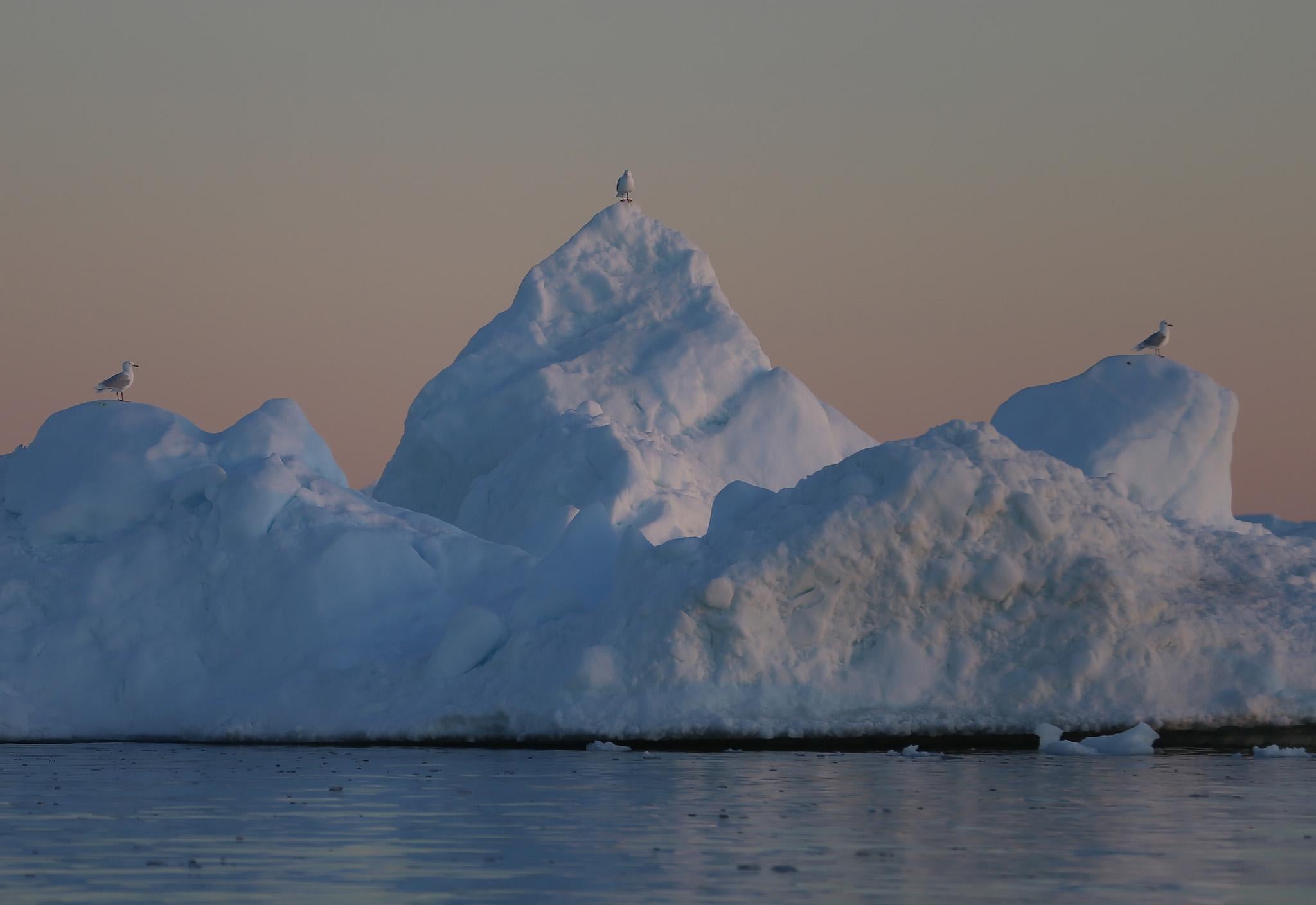Arctic and Antarctic sea ice reaches record lows after section the size of India melts
‘There are some really crazy things going on,’ one scientist said

The amount of sea ice at both the Antarctica and the Arctic has hit record lows, leading scientists to worry that the effects of global warming might be far worse than previously thought.
The worrying findings come after an area roughly the size of India melted away because of rising global temperatures and bizarre weather.
Despite global warming and melting elsewhere, ice in the Southern Ocean off Antarctica has tended to expand.
But it is now quickly shrinking at both ends of the planet, leading scientists to worry that the effect of global warming might be worse than perviously thought.
The strange and unexpected effect has been attributed to a combination for the build-up of man-made greenhouse gases, the El Nino weather event and freak natural swings in the weather.
"There are some really crazy things going on," said Mark Serreze, director of the U.S. National Snow and Ice Data Center (NSIDC) in Boulder, Colorado, saying temperatures in parts of the Arctic were 20 degrees Celsius (36°F) above normal some days in November.
Worldwide, this year is on track to be the warmest on record.
Combined, the extent of polar sea ice on Dec. 4 was about 3.84 million square kilometers (1.48 million square miles) below the 1981-2010 average, according to NSIDC satellite measurements. That is roughly the size of India, or two Alaskas.
Antarctica's expanding sea ice in many recent years has been a big theme for those who doubt global warming is man-made.
John Turner of the British Antarctic Survey said chilly westerly winds that sweep around the continent, perhaps insulating it from the effects of global warming, were the weakest for November in two decades. That may have let more heat seep south, he said.
A recovery of the high-altitude ozone layer over Antarctica, which led to cooler air over the continent when it was damaged by now-banned industrial chemicals, may also be a factor.
But Turner said it was hard to pinpoint exactly what was happening.
"When we began getting satellite data from 1979 the sea ice started to decrease. Everyone said it was global warming ... but then it started to increase again," he said.
Accepting mainstream scientific findings and responding to increases in floods and heat waves and rising sea levels, almost 200 governments last year agreed to phase out fossil fuels this century and limit the global temperature rise above pre-industrial levels to less than two degrees celsius.
U.S. President-elect Donald Trump, who has called man-made climate change a hoax, has threatened to pull out of that agreement, reached in Paris in December. Last month he however also said he had an "open mind".
The polar regions are radically different from each other because the Arctic is an ocean ringed by land and Antarctica is a vast land mass surrounded by water.
Ice around Antarctica, retreating with a summer thaw, is the smallest for early December at 11.22 million square kilometers (4.33 million square miles), beating a record from 1982, NSIDC data show.
Arctic sea ice, expanding in winter, is at a record low of 10.25 million square kilometers (3.96 million square miles), below a 2006 record.
Anders Levermann, a professor at the Potsdam Institute for Climate Impact Research, said the low polar sea ice pointed to man-made warming. "It's an extraordinary departure from the norm," he said.
Serreze at the NSIDC said the twin record lows might be "blind dumb chance". But the worry was that "Antarctica is the sleeping elephant that is beginning to stir."
Scientists say Antarctica's glaciers could slip more quickly into the ocean, speeding up the pace of sea level rise, if there is less ice floating on the sea to pin them back.
Additional reporting by Reuters
Join our commenting forum
Join thought-provoking conversations, follow other Independent readers and see their replies
Comments
Bookmark popover
Removed from bookmarks